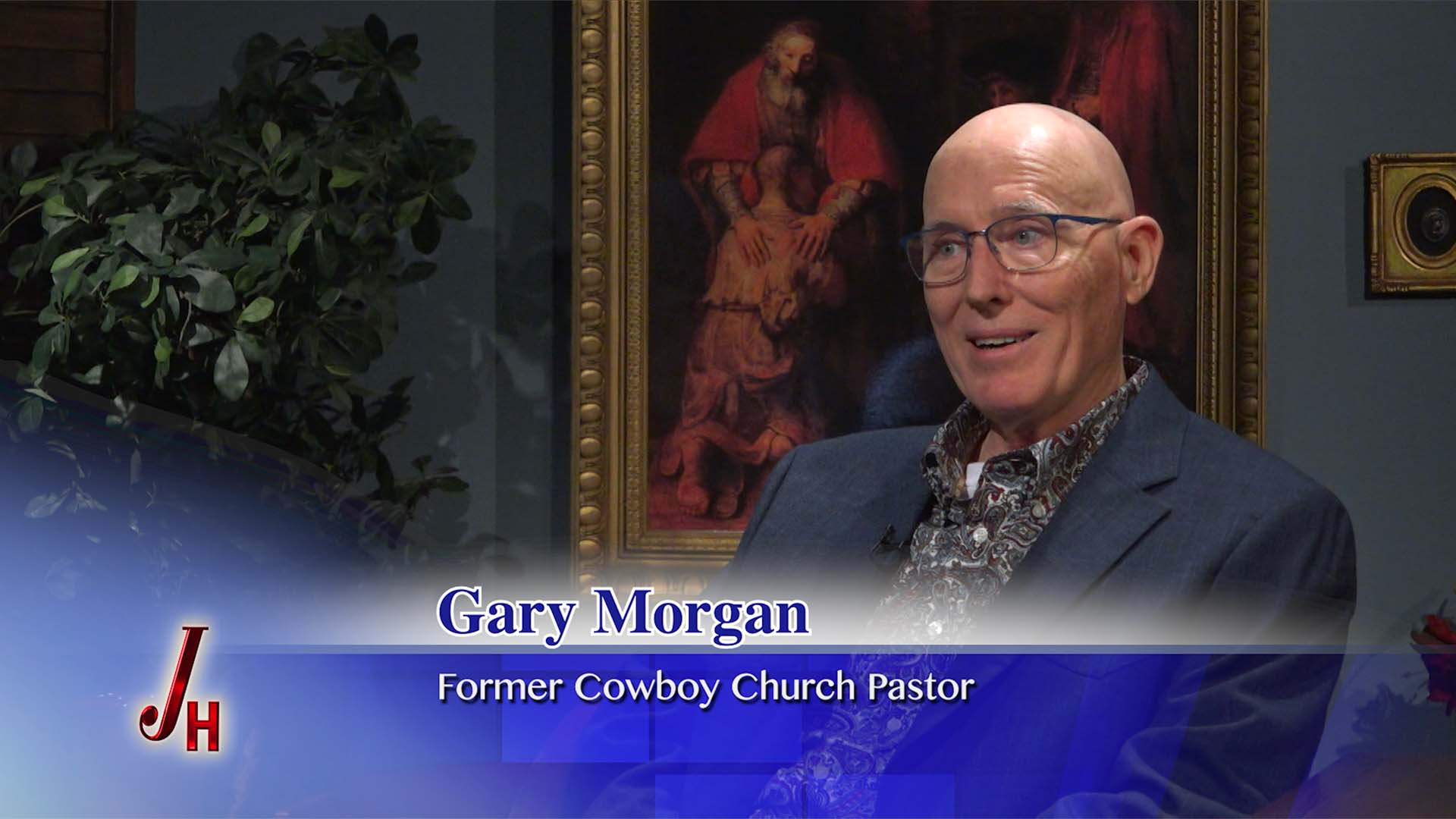Browsing the religion section of the local used bookstore, I caught sight of a peculiar volume, the black and red ink on the spine contrasting sharply against the drab surroundings. “Now, there’s an oxymoron!” I thought to myself as I reflected on the book’s title, which read Catholic and Christian. Intrigued by the apparent paradox, I reluctantly grasped the book from the shelf and began reading, beginning with the ornate back cover. The author was a certain Dr. Alan Schreck, a professor of theology at Franciscan University of Steubenville. His objective was simple—to clarify Catholic doctrine for the many Catholic and non-Catholic Christians who misunderstand it. At $4.50 the paperback seemed a bargain I couldn’t afford to ignore. Little did I know that this meager investment would pave the foundation for my journey home to the Catholic Church.
All Stories
Since becoming Catholic, I have been asked numerous times “why?” “Why are you doing this?” Many Catholics have asked with excitement in their voices, and my non-Catholic family and friends have asked with dismay.Interestingly, no one asks void of emotion.
Oh, no, I thought to myself, here we go again. Some latecomers had forced us to move into the middle of the pew. There’s nothing worse than being in the middle of the pew in a Catholic church if you’re a Protestant “pew potato.”
You’ve heard of a couch potato? I was a pew potato. I plunked down in my pew every week but didn’t participate a whole lot, other than singing a hymn I recognized or shaking hands with my neighbors during the sign of peace.
As I try to recount my journey into the Catholic Church, I feel as if I could write from so many different perspectives: history, the sacraments, the saints, Mary, or contraception. All of these words characterize, in part, my reasons for becoming Catholic. I feel like each represent a small book I could write. In this story though I want to connect how I believe my particular Protestant tradition prepared the way for my entrance into the Church. I pray it will encourage many more to fulfill the prayer of Christ “that all of them may be one as I and the Father are one” (John 17:21).
My pathway home to the Catholic Church required an all-terrain vehicle to negotiate the steep, rocky, tortuous roads including dead ends, cul-de-sacs, and detours. Unlike many of the Journey Home stories, I was not trained in theology or doctrine. I attended no seminary, Bible college, or religious institute. But a great deal of informal education in those areas plus years of lay ministry led me to the Catholic Church. And it all started early.
In 2005, I found myself inside a Catholic church for Midnight Mass. My future wife, born and raised in the Catholic Church, was by my side, silently showing me something that I never thought I’d see or feel. At the age of 31, an unexpected realization set in – thus beginning my personal journey to the Catholic Church, my home.
I stood on the edge of America, sand under my feet and the warm water from the Atlantic Ocean washing over my toes. On the horizon I could see them: early morning thunderheads. All lined up and towering into the sky–some closer, some farther away–but all beautiful and majestic; standing like sentinels ready to fight an unseen enemy and seemingly ready to protect. As I watched, some of these thunderheads developed into giants, with the telltale anvil head shape. While others, shaded from the sun by the larger clouds, simply died off, giving no rain to the earth. This made me think of the parable Jesus told about the seeds scattered along the roadside. Some of these storms had taken root, but in shallow ground. After starting out quite hopeful and impressive, they died out in the shadows of those who were fulfilling their cyclic duties of sea to rain, rain to sea–their roots were not deep enough. I could certainly relate.
I grew up in a small town near Toronto, Canada, the son of a Presbyterian minister. My parents are wonderful people – and in my opinion, they’re living saints. While studying theology at a Baptist seminary in the 1960’s, my dad heard so much anti-Catholic rhetoric that he decided to take a Knights of Columbus correspondence course to hear the other side of the story. Partly as a result of that course, he ended up leaving the Baptists to enroll in a Presbyterian seminary. This was one of his first steps toward an appreciation of Catholicism.
My return to the Catholic Church after twenty years away as an Evangelical Protestant was my heart’s response to Jesus, as He drew me back into full communion with His Church and complete union with Him in the Holy Eucharist.
I was baptized Shannon Mary Kelly, oldest of six children of an Irish-Catholic family in Bay City, Michigan. I made my First Confession and First Communion when I was eight years old. I remember how very close to Jesus I felt as I received Holy Communion for the first time.
I grew up in a suburb of Chicago and was raised in the Lutheran faith. My parents were not the most spiritual of people, but they wanted to make sure
On May 1, 2011, with great joy, I confessed my faith, was confirmed as a Roman Catholic, and received my first Holy Communion at Holy Cross Catholic Church in Mesa, Arizona. The church was packed with over a thousand reverent people for the 10 a.m. Mass, which made it so joyful and welcoming. For a 68-year-old Mennonite, career pastor and missionary, this was a dramatic move!







